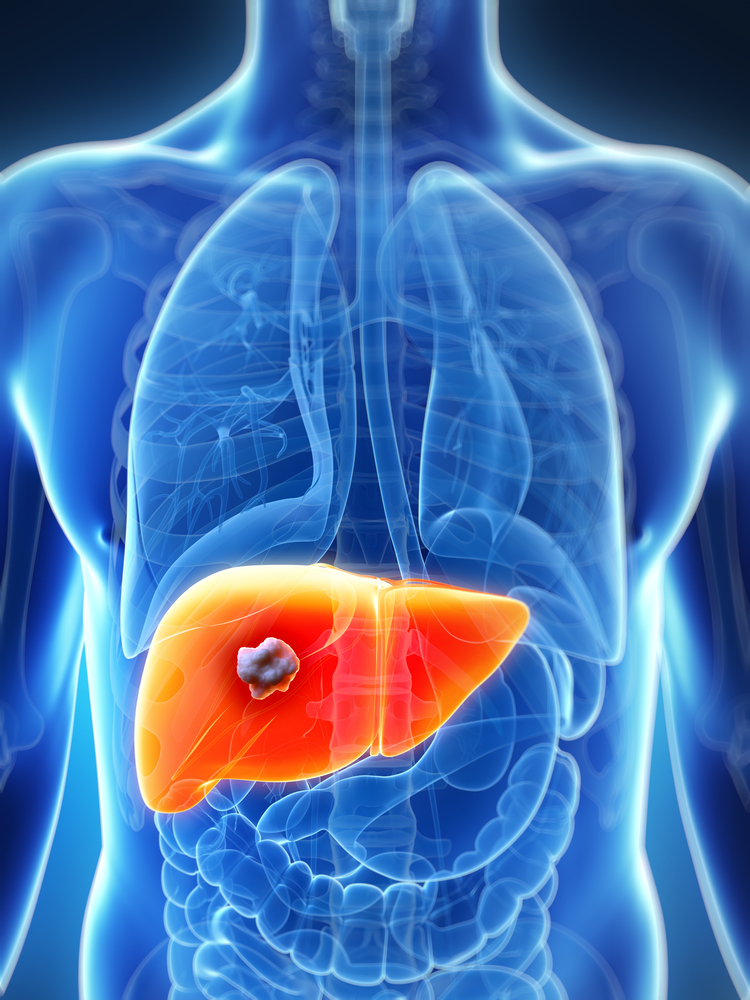During the 50th International Liver Congress 2015 held in Vienna 22-26 of April in Austria, it was revealed that sofosbuvir (SOF)- and daclatasvir (DCV)-based regimens showed excellent results in patients with recurrence of the hepatitis C virus (HCV) following liver transplantation. The study entitled “Association of Sofosbvir and Daclatasvir for Treating Severe HCV infection after liver transplantation: results from a large French Prospective Multicentric ANRS CO23 CUPILT Cohort” was presented by Audrey Coilly, from Hôpital Paul-Brousse, Villejuif, France, and colleagues.
Hepatitis C virus (HCV) infection recurrence is an important complication after liver transplantation (LT) with negative effects on graft and patient survival. Recently the approval of IFN-free therapy using direct antiviral agents (DAA) contributed significantly to the change in the management of liver transplant recipients. However, the best therapy strategy still remains unestablished.
The present study consisted of evaluating the efficacy and safety of sofosbuvir (SOF) and daclatasvir (DCV)-based regimens in patients with recurrence of the hepatitis C virus (HCV) following liver transplantation. The authors analyzed the results from the ANRS CO23 CUPILT study, which is a prospective cohort study including 335 patients with HCV recurrence and given second generation DAA (SOF+DCV±ribavirin [RBV]). Within the group, 296 patients were treated with a combination of SOF+DCV, with or without ribavirin. They found that SOF- and DCV-based therapies led to high rates of sustained virology response (SVR), defined as aviremia 24 weeks after completion of antiviral therapy, together with good tolerance.
They observed that SOF and DCV based regimens showed excellent results combining high rate of aviremia 4 weeks (SVR4) and 12 weeks after completion of antiviral therapy, respectively, 97% and 95% and a good tolerance.
“The outstanding efficacy and safety results that sofosbuvir- and daclatasvir-based regimens demonstrated in patients with recurrent hepatitis C are impressive and will help us identify optimal treatment strategies using these new therapies,” said Dr. Audrey Coilly, in the press release.
Professor Tom Hemming Karlsen, Scientific Committee Member, European Association for the Study of the Liver, said that hopefully these positive results there will mean in the future more successful transplants for patients with chronic HCV infection.
During the study, severe secondary effects were observed in 23% of patients, mostly hematological in patients under ribavirin. Importantly, renal function should be monitored since there was a significant decrease during therapy. Moreover in more than 50% of patients there were alterations in dosage of immunosuppressive drugs that should be closely monitored.

